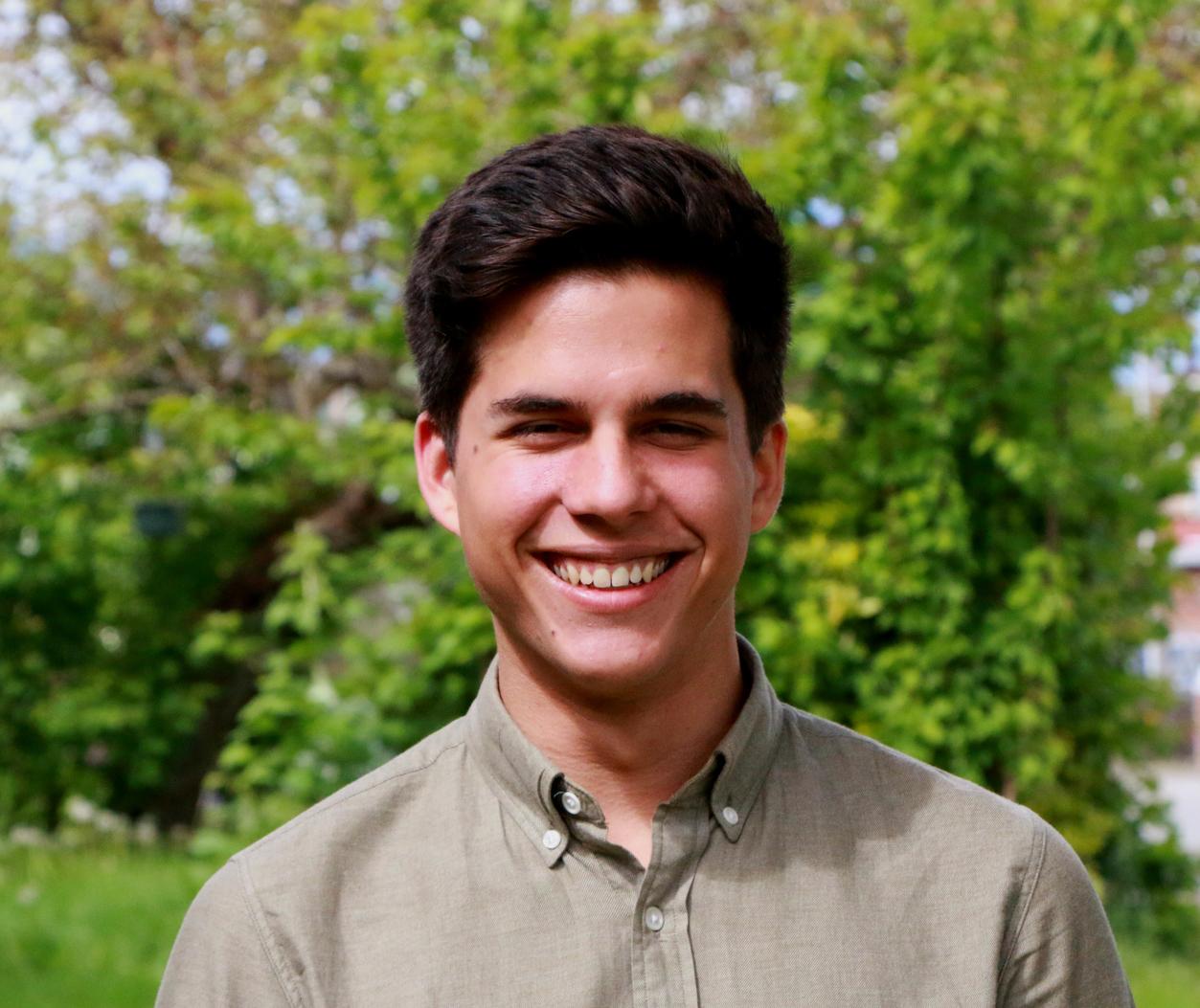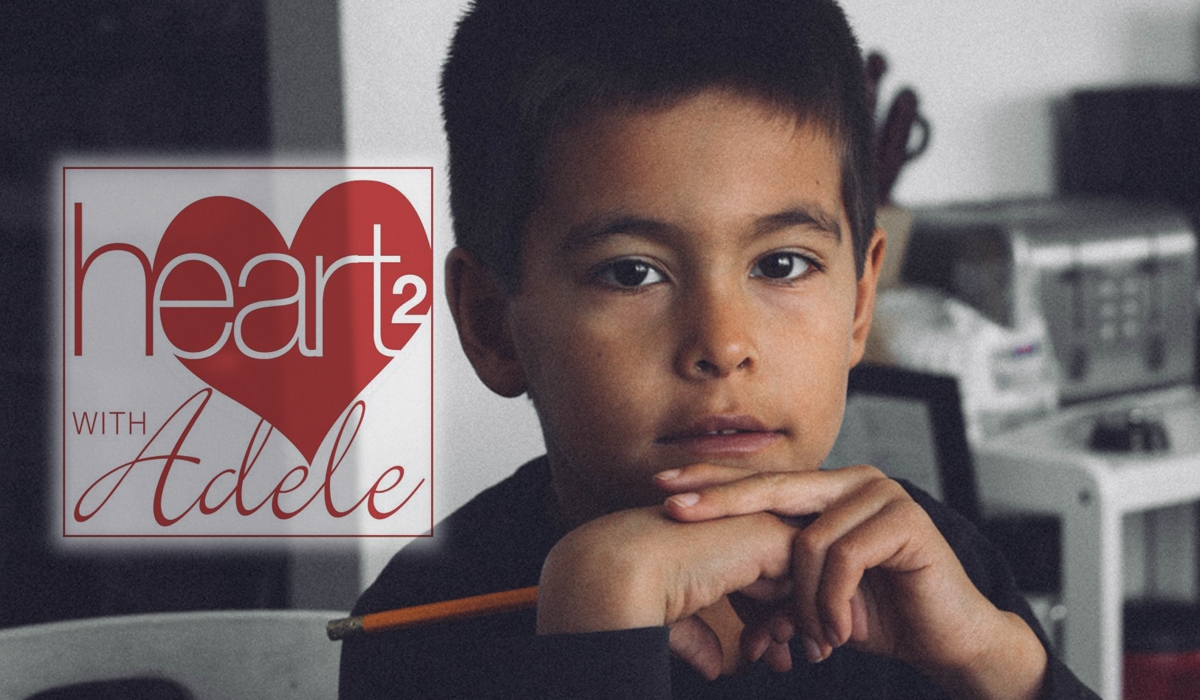
We are neglecting our responsibility to kids in care
By Dylan Cohen
Growing up in government care in Manitoba was difficult. The deep politicization of child welfare didn’t help matters. Polarized public opinion and a controversy-avoidant government shaped the legislation and policies that affected my day-to-day life.
Everyone, it seemed, was seeking to provide me with the best care — but it often missed the mark. Unfortunately, my experiences in the care system are not isolated but illustrate systemic government failures across the country to provide safe, quality care for youth.
We can – and should – do better. Supporting youth in care with comprehensive supports to age 25 would be an important first step.
Living in care likely ensured me a better outcome than I would have seen if I had remained with my birth mother. Her challenges extend from typical channels: an Indigenous woman born to a Manitoba prisoner and adopted out in the 60s — not a formula known for good outcomes.
So when I asked to be put into care as a young teenager, I was confident I was making the right decision. I craved the support and structure that a home could provide. I felt empowered as I took ownership over my care.
The first home did have structure, but it was also riddled with emotional and spiritual abuse. I continued to move through many more placements and social workers.
Many of us kids in care live in dozens of placements.
The tragic death of British Columbia teen, Alex Gervais, who died by suicide in a motel two years before aging out of the care system, lived in 17 placements over his life time. Such multiple transitions illustrate government care as a complicated and tumultuous time in the lives of trauma-inflicted youth.
The impact of transitory care experiences leave lasting effects on vulnerable youth.
In Winnipeg, 49 per cent of homeless individuals stated that they had spent time in a group-home or other Child and Family Services (CFS) placement as a child. This number is consistent in Ontario, with 43 per cent of street-involved youth describing Children’s Aid Society (CAS) involvement.
Graduation rates are also dismal, with 33 per cent of youth in care graduating in Manitoba, for example, compared to an 89 per cent graduation rate for their peers not in care.
My five years as a minor in care left me with serious mental health challenges and experiences with homelessness. The CFS shelters were full of other youth in care experiencing the same sort of crises I was facing.
But somehow, I made it. I didn’t slip through the cracks and I found myself navigating a university degree and multiple jobs. I was always aware of my privilege and luck, but I’m an exception.
In Canada, 60 per cent of young people aged 20-24 live at home with their supporting parents. Yet we hold youth with the complex traumas associated with growing up in care to a different standard and expect them to stand alone.
My colleagues almost universally have some sort of support from their parents. But my safety net is small. I have very few people to call upon for support in homelessness, in financial emergencies and if I was really struggling with mental health or addiction.
Still, many provinces drop services for youth in care at age 18 or 21, despite our desperate pleas for help.
Outcomes for kids who age out of care are typically bleak. I felt proud and excited to graduate, but I was one of few youth from care on the convocation stage. Many of us are caught up with other systems; 41 per cent of my BC peers have criminal justice system involvement.
These results aren’t surprising. Historically, little support has been given to youth transitioning out of care so they often do not have the skills they need to survive.
My experience was typical — unstable and frustrating. But I still made it. However, I have a benchmark to compare myself to. My twin sister, who entered care at the same point I did, has struggled with many of the challenges I can quantitatively illustrate. Her experiences with homelessness, late graduation and unsafe relationships characterize the experience of so many other youth from care.
When governments apprehend children and put them in care, they are claiming a responsibility for ensuring the success of vulnerable children. As a society, we aren’t living up to the promise or the responsibility.
Governments in Canada need to step up and guarantee comprehensive youth in care supports and services to age 25. It’s an essential first step to level the playing field.
 Dylan Cohen is an Indigenous former youth in care a
Dylan Cohen is an Indigenous former youth in care a
Project Coordinator for AgedOut.com in British Columbia
and a Contributor with EvidenceNetwork.ca. Dylan seeks
to create opportunities for youth in/from care across the
country through advocacy and public policy justice.









